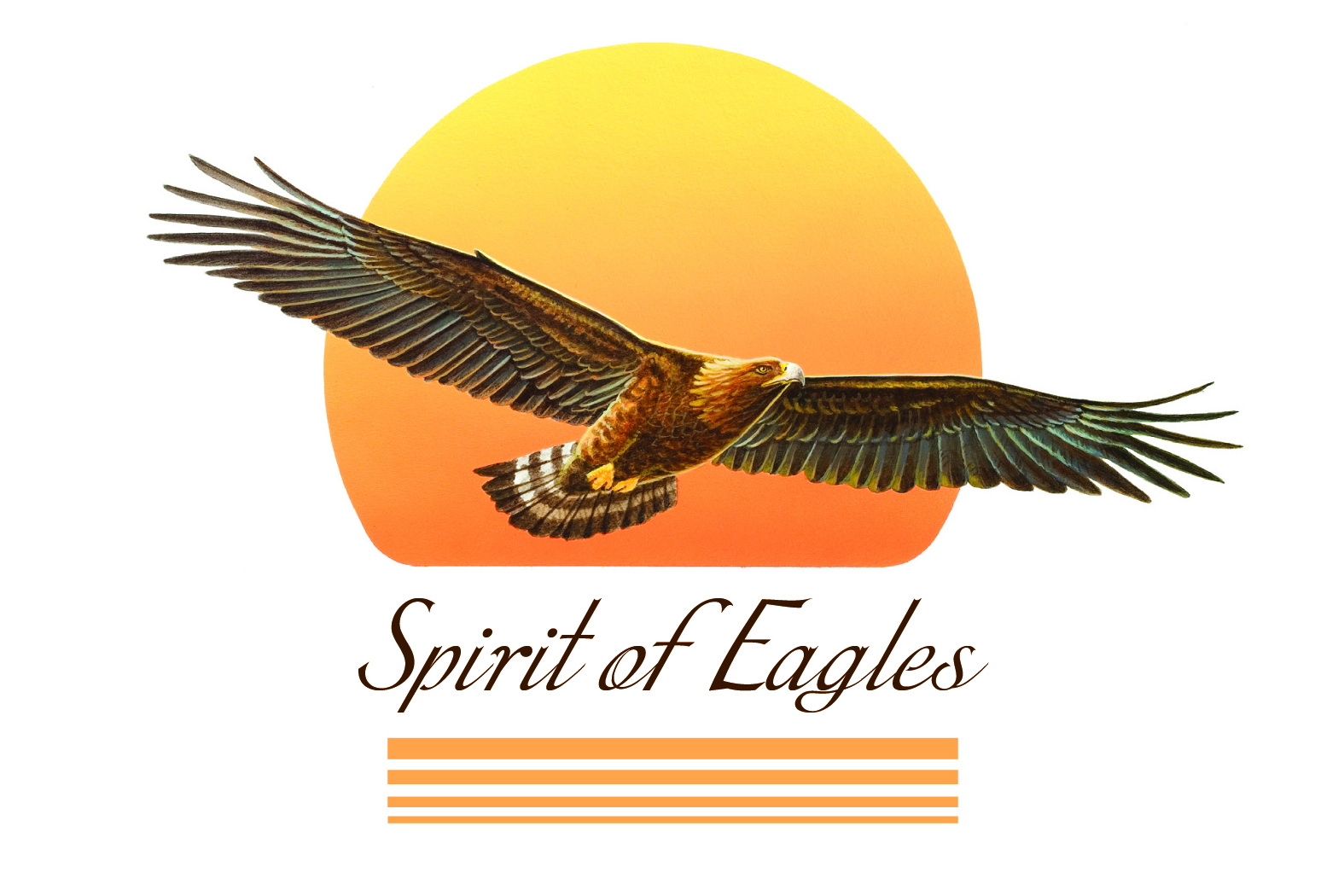Until quite recently, defining self-awareness, a primary pillar of emotional intelligence, was much easier than gathering the resources to develop self-awareness.
Being self-aware means a person in cognizant of his inner emotional landscape, including their beliefs, feelings, attitudes, perceptions and expectations. The self-aware person knows when this inner landscape supports their growth and development and when it hinders their success. This person senses how others view them, and how their behaviors affect others as well. Most important, they have learned how to manage their feelings and behaviors to most favorably impact the influence they have on others.
Because the self-aware person knows their inner state, they tend to be adept at understanding others and responding to them, so their interactions are effective and enjoyable.
Of course some people are more naturally aware than others, and even highly self-aware people will have “blind spots” in their behavioral traits. Indeed, the highly self-aware person is far more likely to develop their self-awareness further because they already have a strong sensitivity to their inner workings and those of others.
Because we now know the traits of highly self-aware people and the significant benefits and advantages that self-aware people enjoy, people with Strong self-awareness skills are highly sought-after in business and society today.
Until very recently, effective training for self-awareness development has been limited, which is probably why the level of self-awareness is generally low society wide.
The initial discoveries about how self-awareness developed in us humans didn’t occur until the 1970’s. Sigmund Freud and Carl Jung developed theories about it in their clinical observations, but specific protocols were only developed in the last 20 – 30 years. It is a little surprising we know as much as we do.
The facts are straightforward, as stated by Dr. David Hawkins, internationally renown psychiatrist…
- Our thoughts determine the extent to which we manifest our talents and abilities.
- It is our feelings that determine and produce the thoughts that will lead us to success or failure in any endeavor.
- Feelings are the key to expansion or limitation of our talents, abilities and actions.
- Our Feelings spring from our emotions, most of which are buried in our unconscious due to repressed or suppressed traumatic and wounding experiences.
- Negative feelings produce negative thoughts that produce limiting actions and
outcomes.
While most of us have enjoyed sufficiently positive experiences in our lives to function normally with reasonable success, virtually everyone experiences unexplained limitations in their abilities and performance. A significant number of us have quite pronounced limitations that hold us back for no known reason. These limitations have a powerful effect on curbing our self-awareness.
What we now a discovered about these feelings, thoughts and actions, their general cause and how to defeat their negative impact on us is, in our opinion, cause for Great Celebration!
If our talents and abilities represent the power of the sun shining on our successful accomplishments, then our negative feelings, thoughts and actions represent the cloud cover that blocks the sun. Our simple training protocol for expanding self-awareness effectively clears the cloud cover that has been blocking our effective performance and accomplishments for far too long.
Four simple, clear steps can create a profound surge in your success and satisfaction. The intent to grow is key. If you are anything less than fully committed to engaging these powerful tools toward self-awareness development, expect to be met with frustration and disappointment. Behavioral change is difficult, requiring dedication and practice. The reward is worth the effort.
Tom Searcy
Board Certified Coach
Spirit of Eagles
574-850-9912
info@spiritofeagles.com


Recent Comments